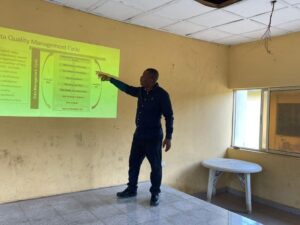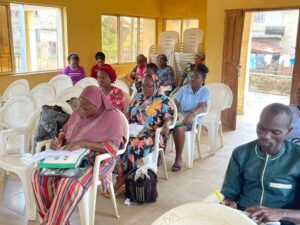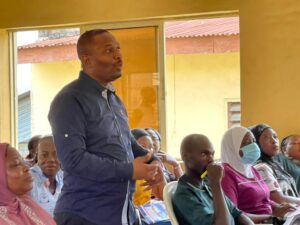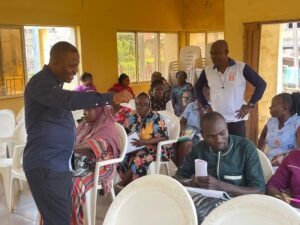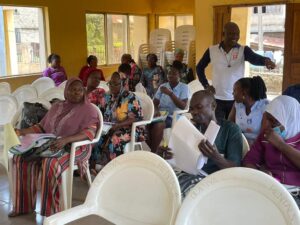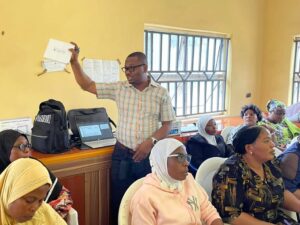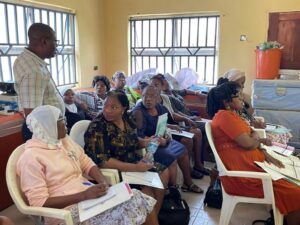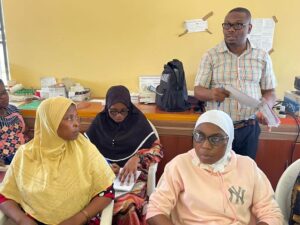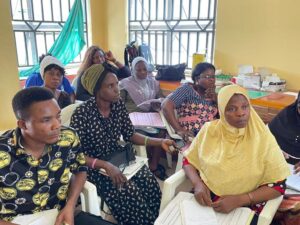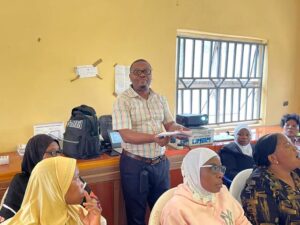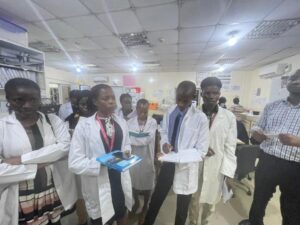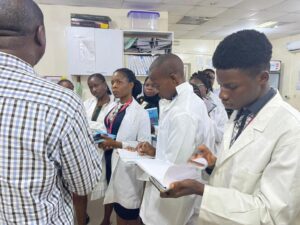

Equitable Health Access Initiative is committed to improving healthcare provision in Nigeria through excellence, professionalism, innovation, integrity, and commitment. We have successfully trained numerous healthcare workers on various critical aspects of healthcare delivery, including HIV/AIDS, Tuberculosis, Child Blindness, Infant and Young Child Feeding, Sexual and Gender-Based Violence, Pneumonia, Malaria, and Diarrhea just to mention a few. Additionally, we actively participate in training initiatives focusing on key and affected populations.
Our training program is designed to achieve the following key objectives:
Our training program is tailored for healthcare professionals, including doctors, nurses, pharmacists, lab technicians, Community health workers, MEAL officers (M&E, Health Management Information Experts), Community-Based Organisations, Non-governmental organizations (NGOs), and healthcare institutions, Key and affected populations, including individuals living with HIV/AIDS and tuberculosis, children with blindness, and vulnerable communities.
Our comprehensive healthcare training program covers a wide range of modules, including but not limited to: HIV/AIDS Prevention, Treatment, and Counselling, Tuberculosis Diagnosis, Treatment, and Management, Child Blindness Prevention and Care, Infant Feeding Practices and Nutrition, Pneumonia Prevention and Management, Malaria Prevention, Diagnosis, and Treatment, Diarrhea Management and Hygiene Practices, Key and Affected Populations Sensitization.
Our training program has made a significant impact on healthcare provision in Nigeria by ensuring that healthcare worker skills and knowledge are enhanced, there is improved patient care and outcomes, increased community awareness and involvement in healthcare, reduced stigma and discrimination against key and affected populations, improved documentation and reporting of service delivery, strengthened healthcare institutions including CBOs and NGOs.
Training Partnerships: We actively seek partnerships with governmental and non-governmental organizations, as well as international agencies, to expand our training reach and impact. Our collaborative efforts have continued to ensure the sustainability and scalability of our healthcare training initiatives. Through our comprehensive training program, we aim to empower healthcare workers, improve the quality of healthcare services, and make a lasting positive impact on the health and well-being of communities across Nigeria.
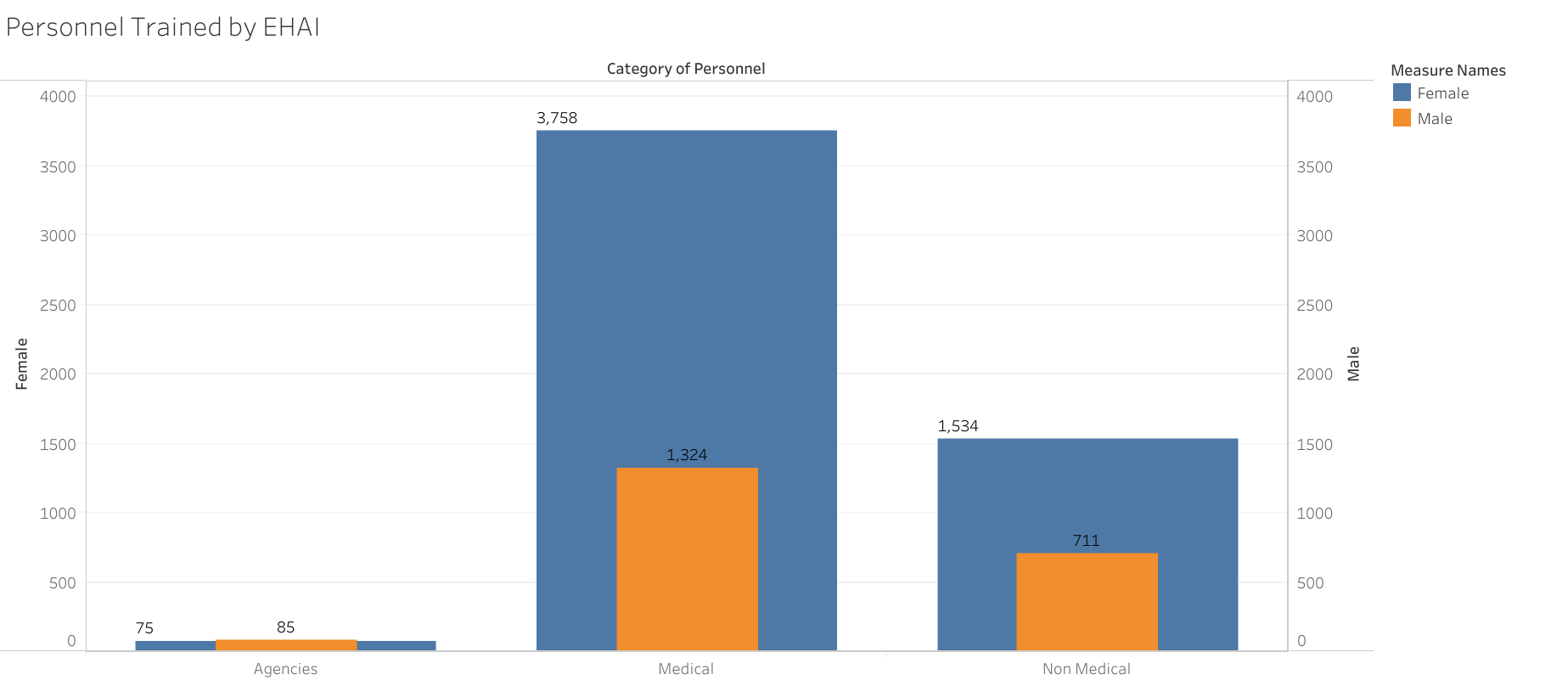
Picture Stories
